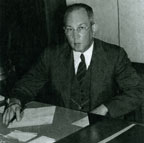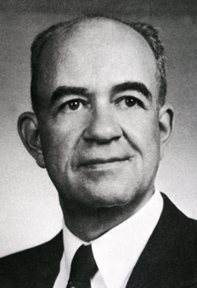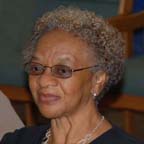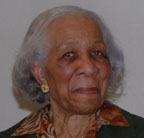Educational Leadership: |
||||||||||||||||||||||||||
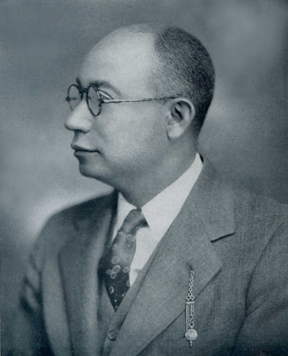 Lutrelle Fleming Palmer principal from 1920-1943 |
||||||||||||||||||||||||||
|
||||||||||||||||||||||||||
The Secondary School Study was establishing new roles for educational administrators as had occurred during the 1930s with the Progressive Education Association’s Eight Year Study. Democratic ideals served to define the experimental efforts of schools; however, the venue for this new conception of leadership maintained traditional ideals of authoritarian rule by administrators and teachers. The principal was expected to provide direction and instill confidence while also fostering a sense of curricular flexibility and extending instructional authority among the staff. Legendary principal Lutrelle Fleming Palmer (1888-1950), who served as Huntington’s first principal from 1920-1943, was described as soft-spoken, gentle, and patient, easily winning “the respect, even reverence, of the hundreds of boys and girls who passed through Huntington High.” Palmer received undergraduate degrees from Wilberforce and University of Michigan, a masters degree from Hampton Institute, and an honorary doctorate from Virginia Union University. He taught at Wilberforce, Atlanta University, Virginia State College and, after his principalship at Huntington High School, Hampton Institute where he would develop an innovative teacher education program. |
||||||||||||||||||||||||||
| Dr. Palmer served as executive secretary of the Virginia State Teachers Association from 1926 to 1944, an organization that he guided and forged into a teachers union and active voice for civil rights, equalization of teachers’ salaries through informal collective bargaining. The Virginia State Teachers Association would grow to over 4000 members and include over 95 percent of the black teachers in the state of Virginia. Palmer would also be elected as the vice-president of the American Teachers Association, formerly the National Association of Colored Teachers that would later affiliate with the National Education Association. He would, however, exert more influence on the Secondary School Study than any other participating school’s principle in his role as president in 1940-41 of the Association of Colleges and Secondary Schools for Negroes, the sponsoring association of the Study. Palmer was in regular contact with William Robinson as they organized and planned the workshops for the participating school faculty. | ||||||||||||||||||||||||||
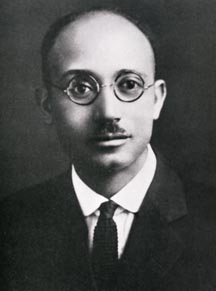 L. F. Palmer |
||||||||||||||||||||||||||
“Mr. Palmer was soft spoken, firm, and compassionate. He wanted the students to take courses where they were being prepared for the world and not just for the next grade. And he felt that education, this preparation, included service to the community.” |
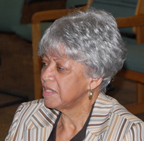 Hattie Thomas Lucas |
|||||||||||||||||||||||||
After Palmer’s dismissal by the Newport News school board, William Drewry Scales (1904-1988) accepted the role as principal from 1943-1969. Scales received his baccalaureate from Johnson C. Smith College in Charlotte, later obtaining a masters degree from University of Iowa. Scales was brought into Huntington as an outsider, clearly the intent of those who were determining policy. The atmosphere at Huntington was quite complex as Scales assumed leadership of the school, in part because Palmer was so beloved and so mistreated and partly because he would stay within the community, accepting a teaching post at Hampton Institute. The fact that Principal Scales would remain at Huntington High School for the next 26 years is a clear indication of his abilities as an educational and community leader. |
||||||||||||||||||||||||||
|
||||||||||||||||||||||||||
“Mr. Scales proved to be an intelligent visionary and a strong disciplinarian, dedicated to excellence in education and high ideals for Huntington High School. He committed himself to the high standards of social, intellectual, and cultural development envisioned by the founding principal. However, he did it his way. Consistently, firmly, and fairly he imposed his own leadership style, earning him the affection of students and the respect and admiration of the faculty and community. In time both William Drewry Scales and Huntington High School survived the crisis of losing Dr. Palmer.” Huntington High School: Symbol of Community Hope and Unity |
||||||||||||||||||||||||||
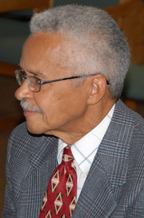 Freddie B. Allen |
||||||||||||||||||||||||||
|
||||||||||||||||||||||||||
“While Principal Scales had a commanding presence, we knew he was truly interested in the students.” Ernestine Brown Bunn |
|
|||||||||||||||||||||||||
|
||||||||||||||||||||||||||
“We had a strong and dedicated staff. The cooperation among the teachers at Huntington High School was wonderful. And so was the leadership. Principal Scales was clear in what he expected from us inside and outside of the classroom. But he would also allow us to teach in our own way.” |
||||||||||||||||||||||||||
Museum of Education - Wardlaw Hall - University of South Carolina - Columbia, SC 29208 - 803.777.5741
Museumofed@gmail.com
